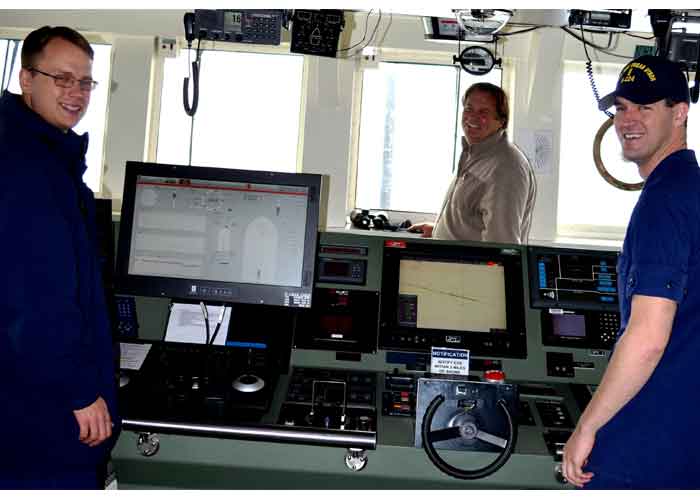Course Description
Our 3-day Bridge Resource Management (BRM) course is in accordance with and meets the requirements laid down in Section A-II/1 & A-II/2 of the STCW Convention as amended in 2010, and USCG requirements of 46 CFR 10.205 (o) and all additional criteria, specified in the STCW convention, applicable to the issue of the certificate.
Our BRM course focuses on bridge officers’ skills such as teamwork, teambuilding, communication, leadership, decision-making and resource management and incorporates this into the larger picture of organizational and regulatory management.
BRM addresses the management of operational tasks, as well as stress, attitudes and risk. BRM recognizes there are many elements of job effectiveness and safety, such as individual, organizational, and regulatory factors, and they must be anticipated and planned for. BRM begins before the voyage with the passage plan and continues through the end of the voyage with the passage debrief.
Scope of the Course
The aim of the BRM training is to enhance the student’s skills in effective management and utilization of all resources, human and technical, available to the Bridge Team to ensure the safe completion of the vessel’s voyage.
On completion of the course the student will be able to:
- Deal with management in highly operational situations like on board ship’s bridge and the way human beings interact, communicate and make decisions in such situations.
- Understand the different human aspects, e.g., Attitudes and Management skills, Cultural Awareness, Communication, Authority and Assertiveness, Management Styles, Workload, Judgement/ Decision making, Leadership, Crisis Management, etc… and put the BRM principles into practice.
This Course includes sections on the following topics:
- Introduction to BRM Principles
- Impact of Human Errors on maritime safety
- Safety Culture and Attitudes
- Cultural Diversity and Consciousness
- Effective Communication and Briefing techniques
- Cross checking through Challenge and Response
- Short Term Strategy
- Balancing Authority And Assertiveness
- Delegation and Workload Management
- Situational awareness
- Judgment and Decision Making
- Team Work, Awareness and Development
- Performance Management - Skills & Styles
- Performance Measurement
- Leadership and Emergencies
- The Role of the Pilot
- Man - Machine Technology
